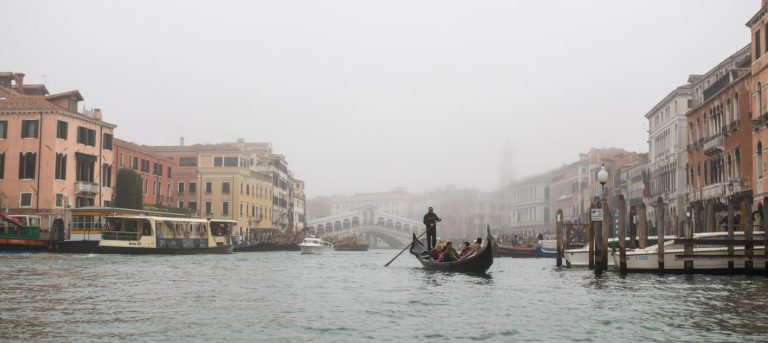
What is the weather in France?
Generally, France boasts a mild to moderate climate, with average temperatures in summer in the 60s and 70s Fahrenheit, and winter temperatures in the 30s and 40s Fahrenheit. However, different regions of France have different climates, and how you pack for a trip to France depends on the area and the time of year you’ll be visiting.
Due to its location bordering the Atlantic Ocean and the English Channel, western France has a coastal climate, with cooler summers, foggy winters, and an average of 200 days of rainfall per year.
North and central France, including the capital city of Paris, have cold and rainy winters, with warm summers. Of course, occasional cold snaps or heat waves happen. Head toward the Mediterranean region for hot summers and particularly mild winters, except for when the strong, cold mistral winds blow through to the coast. But generally, the French Riviera is the warmest place to spend a winter in France.
Finally, if it’s snow you’re looking for, head to higher altitude locations, like the Massif Central, the northern French Alps, and the Pyrénées for reliable winter snowfall and colder winters.

When is the best time to visit France?
Annually attracting up to 90 million tourists, France is a great year-round destination, but it’s important to pack for the season and the region you’re visiting, as well as your planned activities. Heading to the Mediterranean in the peak summer months? You can expect warm and sunny days, ideal for soaking up the sun and swimming in the warm Mediterranean Sea. Interested in indulging in French wines? While France’s famed winemaking regions are fairly spread out with varied seasonal weather, the period between August and October is harvest season — a wonderful time to visit.
Winter is a popular season for people who want to enjoy the beauty of Paris during the holiday season. While it’s unlikely you’ll ever get a white Christmas in the “City of Light,” you’ll still want to pack warm clothing for your trip.

When is the best season for visiting national parks in France?
France has nine national parks, called natural monuments locally. One, Pyrénées National Park, is located in southern France, on the border with Spain. Many of the other parks are located along the eastern edge of France, near the borders with Switzerland and Italy and at relatively high altitudes. That means that they’re best visited in the spring and summer months, when average temperatures are higher and you’re less likely to encounter snow. is a good option if you are short on time but want to see a lot of the city.

When is the best time to visit France for skiing?

Are there any weather hazards in France?
In recent decades, the effects of climate change have been felt throughout France, most commonly materializing in the form of intense summer heat waves, droughts, flooding, and landslides. If you find yourself in France during an extreme weather event, be sure to pay attention to the news and follow all instructions given by local authorities.
No matter where you’re traveling, it’s important to be prepared for unexpected weather disturbances and natural disasters. That’s where a travel insurance policy can really come in handy. With battleface insurance coverage on your trip, you can be protected if extreme weather or a natural disaster cause you to have to cancel, delay your departure, or interrupt a trip to France. What’s more, every policy comes with 24/7 support, in case you need help evacuating, need us to contact your loved ones back home, or require other emergency assistance. The battleface Discovery plan is unique in that you can pick and choose the coverages you need. battleface also offers a Multi-Trip Annual Plan, which has a comprehensive suite of coverages for those who travel more than once per year.
Most importantly, a comprehensive travel insurance policy can provide medical coverage to cover any expenses you might incur if you’re injured or fall ill while traveling and need medical treatment. This is extremely important as your everyday health insurance may not pay for healthcare costs you incur outside of the country. This medical coverage also includes medical evacuation if you need to be transported to a local hospital, or even to a hospital back in the United States.








